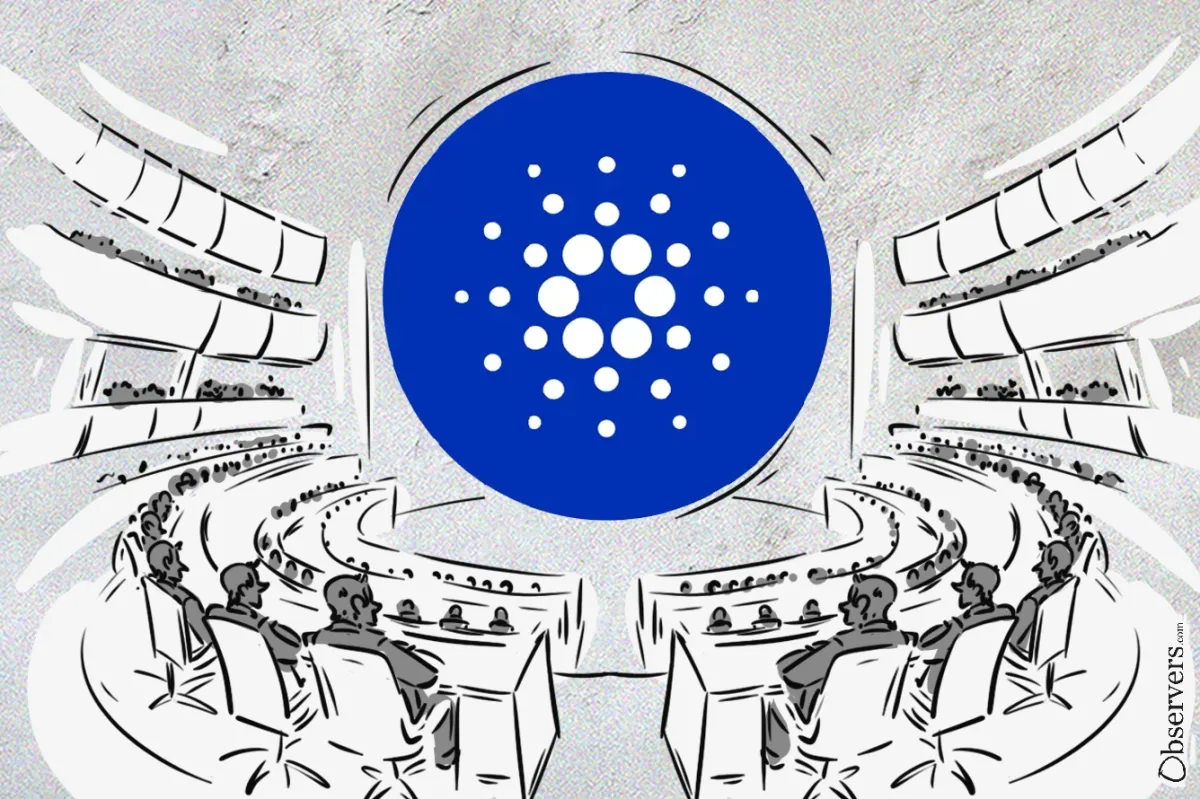
Cardano has initiated the Chang Hard Fork, a significant step toward establishing a community governance structure for its network. This hard fork is divided into two phases: the first launched yesterday, and the second is scheduled for Q4 of 2024.
The first phase facilitates the transition toward a fully community-governed blockchain network, marking the beginning of a technical bootstrapping phase. During this phase, the “Interim Cardano Constitution” was introduced. This guiding document sets the framework for the transitional period and acts as a precursor to the official Constitution, which will be drafted and ratified by the community later this year.
As part of this first phase, the Interim Constitution’s hash has been incorporated into the new node version adopted network-wide. Concurrently, Cardano launched the Interim Constitutional Committee, initially comprising six members. This body is responsible for upholding the Interim Constitution and administering the first on-chain governance votes.
The second phase will implement the critical upgrades needed for comprehensive community-based governance. This phase promises to be more complex and includes setting up governance bodies such as Delegate Representatives (DReps) and Stake Pool Operators (SPOs). DReps will be responsible for handling registrations, generating certificates, and soliciting ADA delegations. SPOs, on the other hand, will use their delegated ADA to vote on governance proposals, thereby directly influencing the future direction of the network.
Furthermore, the Constitutional Committee will expand its membership beyond the interim committee’s six members and possess full veto power over any governance actions deemed unconstitutional. Eventually, control over treasury withdrawals will be handed over to the community, allowing Cardano users to control treasury through governance actions, which will then require approval from the three governing bodies (Constitutional Committee, DReps, and SPOs).
The launch of the second part of the Chang Hard Fork will complete Cardano’s shift to a fully decentralized governance system, managed by the Constitutional Committee, Delegate Representatives, and Stake Pool Operators. This setup is designed to create a robust system of checks and balances within the network’s governance.
The upgrade has stirred considerable discussion within the Cardano ecosystem. Some community members expressed enthusiasm about the progressive shift towards decentralized governance, viewing it as a crucial platform evolution. Meanwhile, others voice concerns that this shift might be premature and could lead to less-than-ideal participation levels in the governance processes of the Layer 1 blockchain.
My biggest issue with the Chang hard fork? Cardano will need an army of self-aware, responsible, willing people eager to learn and getting involved every day because they know this is up to us now and there will be nobody else to blame if it goes wrong.
— Mad Orkestra (@MadOrkestra) August 23, 2024
Chang readiness: 15% max.
The true extent of this upgrade's impact on Cardano’s development and adoption is still unfolding. As such, we will continue to observe the situation and keep you updated.

